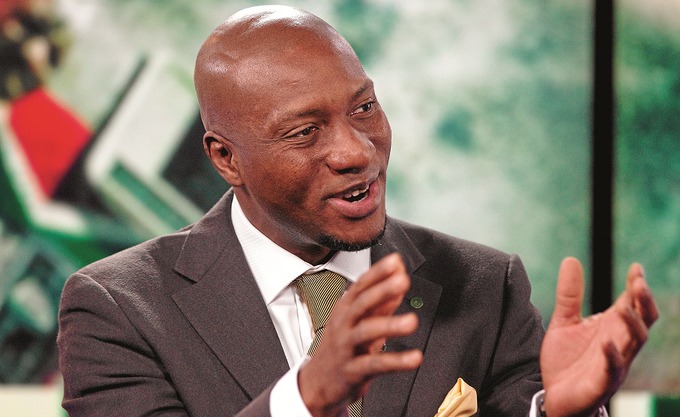Nigeria can leverage agriculture to earn more foreign exchange (FX) aside from the renowned Dangote Refinery project. This is according to Oscar Onyema, the Group Managing Director (GMD) of the Nigerian Exchange Group Plc (NGX).
Speaking at the 26th Annual Chartered Institute of Stockbrokers’ conference held in Benin, Edo State capital, where he made this submission, Onyema noted that while the Nigerian government may consider using the agricultural sector to generate more FX into the economy, the country’s capital market, which aids long-term capital formation could be a good engine for driving growth and development of farming.
Quoting the Gross Domestic Product (GDP) report of the second quarter of the year (2022), the NGX chief stated that crop production is the major driver of agriculture in Nigeria, as it accounts for 91.99% of the overall nominal growth of the sector in the period under review.
Maintaining that the agricultural sector is promising to the economy, Onyema revealed that Nigeria’s arable land area of 34 million hectares translates to a myriad of opportunities to achieve food security.
“It comes as no surprise that Agriculture accounts for about 24% of Nigeria’s GDP and Nigeria is a leader in various types of agricultural production, such as palm oil, cocoa beans, pineapple, and sorghum.
“In terms of generating the much-needed foreign exchange for the Nigerian economy, the Agriculture sector continues to show strong potential. In 2021, Europe was Nigeria’s main trade partner in terms of agricultural product exports.
“As of the fourth quarter of 2021, the export value of agricultural products to Asia amounted to approximately N68.2 billion – roughly $164.3 million. Asia was the second largest destination region for the products, as the exports added up to around N55.7 billion, corresponding to $134.2 million, “Onyema added.
Nigeria’s FX challenges and Dangote Refinery
BizWatch Nigeria understands that Nigeria’s FX challenges are solely based on her dependency on foreign earnings, which come primarily from crude oil. This accounts for more than 90% of the country’s dollar source.
So, when crude oil prices fall in the global market, it consequently reduces the dollar supply in Nigeria, which often leads to naira devaluation.
However, with Dangote Refinery, Governor Godwin Emefiele of the Central Bank of Nigeria (CBN) expressed a belief that the project, once it begins production, would be a major FX saving source for Nigeria.
“In Nigeria, from the FX we spend on imported items, importation of petroleum products consumes close to about 30%. Dangote refinery has the capacity to produce 650,000 barrels per day of refined crude oil. If the 650,000 is sold in Naira it would be a major FX saver for Nigeria,” Emefiele stated.












